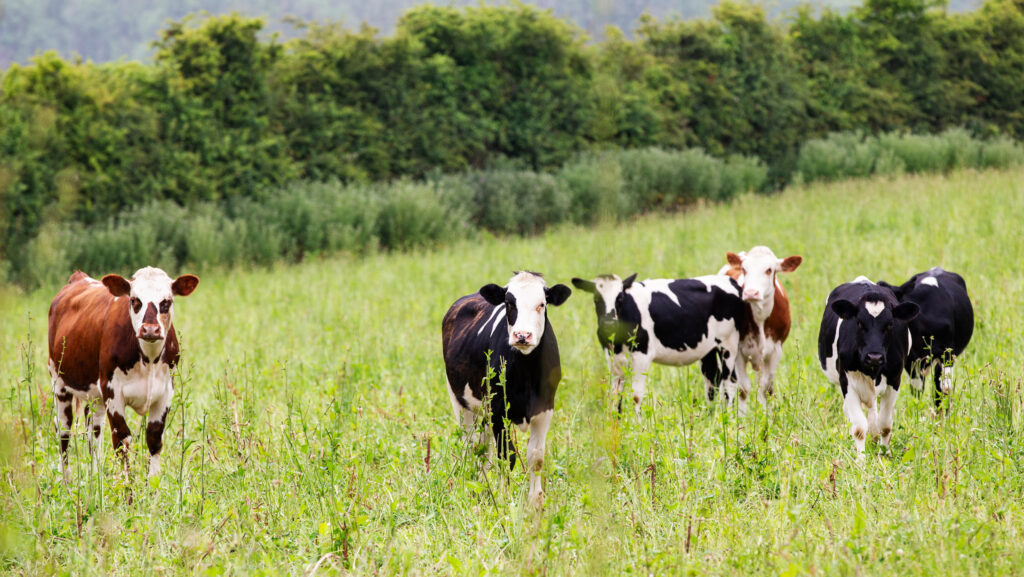New EAT-Lancet report slammed for targeting livestock
 © Adobe Stock
© Adobe Stock Farming groups have challenged a new report that suggests meat and dairy consumption must be reduced to address health and environmental issues.
The latest iteration of the EAT-Lancet Commission report argues that the red meat sector has to reduce by 33% across the globe, but fruit, vegetable and nut production should increase by 63%.
Other solutions it suggests include making healthy diets accessible, protecting traditional diets, implementing sustainable production practices, protecting intact ecosystems and cutting food waste.
See also: Wales SFS rollout to cost jobs and livestock numbers
It suggests people should also follow the “planetary health diet”, a plant-rich diet with optional, moderate amounts of animal-source foods and limited added sugars, saturated fats, and salt.
Walter C Willett, commission co-chairman, said: “By increasing the production and consumption of whole grains, fruits, vegetables, nuts, and legumes, we can improve health outcomes everywhere while respecting cultural and regional traditions.”
Kate Arthur, head of nutrition at AHDB, said the UK needs to focus on “helping people transition to a dietary pattern in line with our current food-based dietary recommendations represented in the Eat Well Guide”.
“This is a balanced diet, rich in plant-rich foods, but importantly includes meat and dairy.
“If people were to follow this dietary pattern, we would see improvements in both health as well as a 30% reduction in emissions.”
Greenhouse gas emissions
The report further suggests that food systems currently account for roughly 30% of total greenhouse gas emissions globally.
The analysis warns that even with a complete global transition away from fossil fuels, food systems could still push temperatures beyond the 1.5C maximum target (for average global temperatures above pre-industrial levels).
However, adopting healthy diets, reducing food loss and waste, and improving production practices could cut emissions by more than half.
Chris Gooderham, environment director at AHDB, said: “It is important to remember that well-managed livestock farming systems don’t just provide food, they can offer key environmental benefits for the planet, such as carbon storage, habitat management and improved soil health, which support the UK’s net-zero ambitions.”
The Association of Independent Meat Suppliers (Aims) said the report failed to acknowledge the benefits of ruminant meat production’s role in “providing organic nutrients for soil, attracting pollinators, and its ability to offset the need for fossil-fuel-based fertilisers within the production of fruit and vegetables”.
Covering costs
Ruth Westcott, climate lead at Sustain, said the government needs to make eating heathy food the easy choice.
“We know people want to eat well, but the people who actually grow our food are barely covering their costs while the big supermarkets rack up huge profits.”
The good news, she added, is that “we can make better diets the easy choice, starting with the food in schools and hospitals”.
